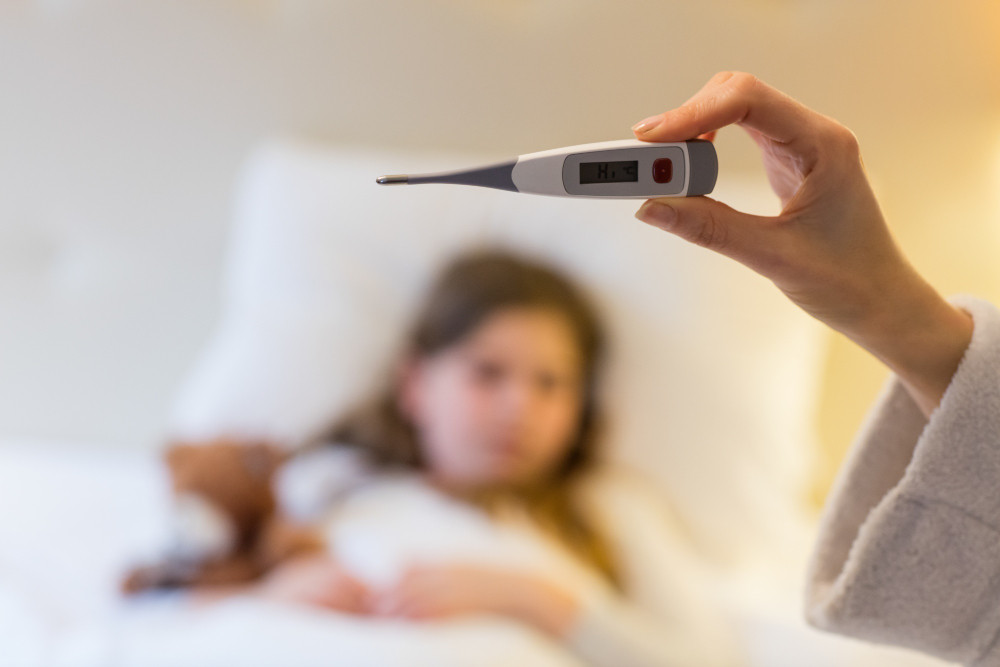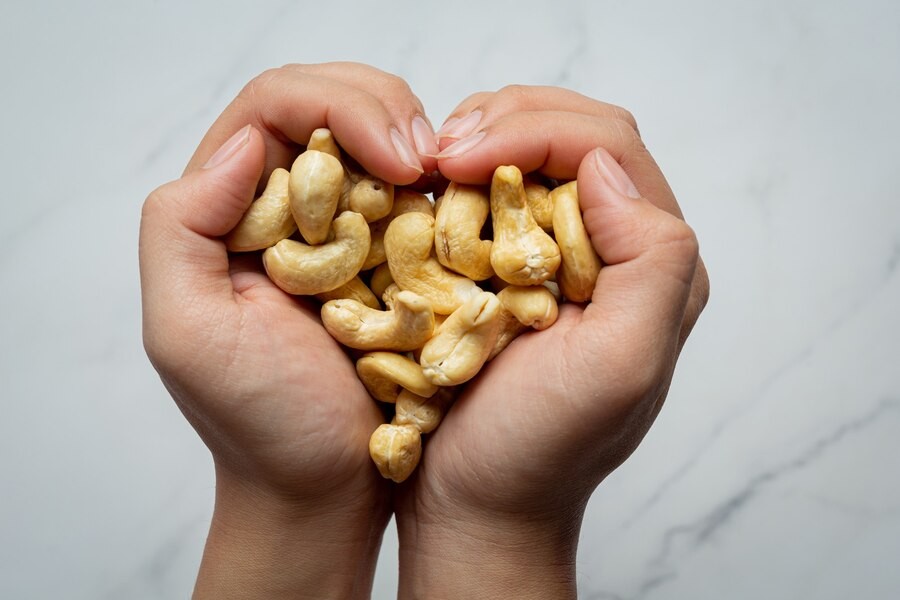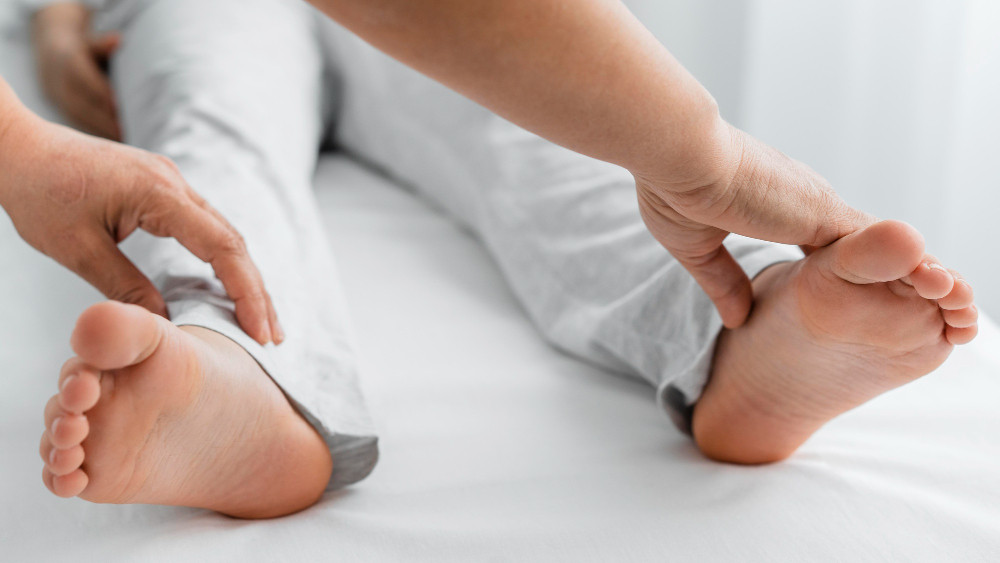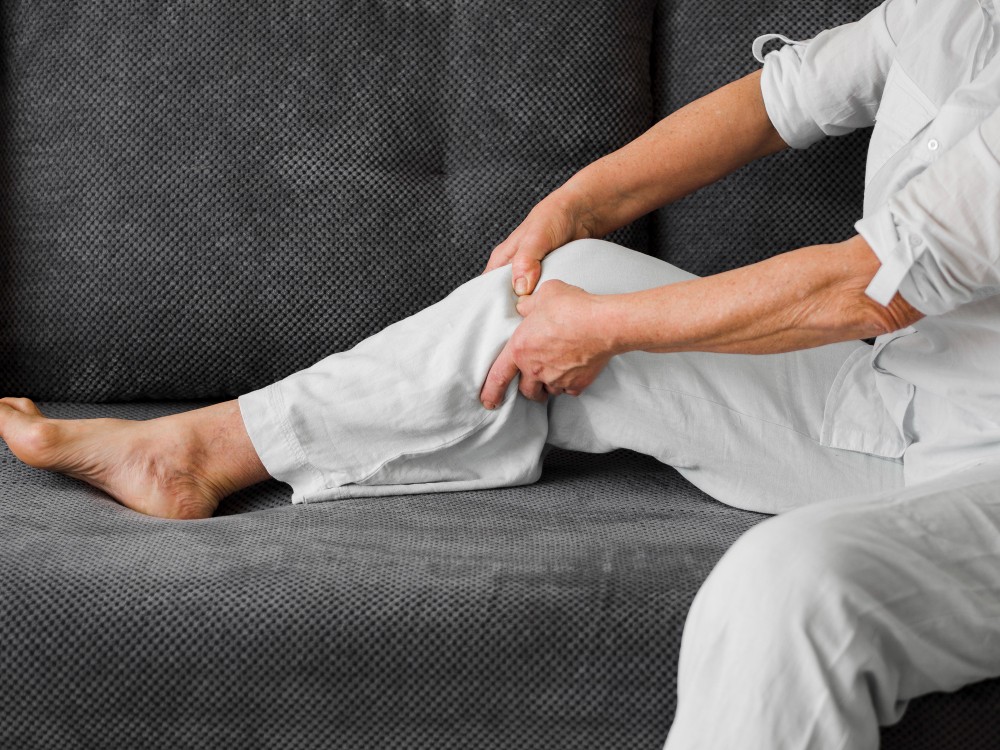Chikungunya virus infection can cause serious joint pain and fever. This disease, also sometimes known as bone flu, is caused by mosquito bites and shares symptoms with dengue hemorrhagic fever (DHF). What are the symptoms and treatments for chikungunya? Find out the review in the following article.
What is chikungunya?
Chikungunya is a viral, infectious disease carried by mosquitoes. Most people refer to this condition as bone flu since the symptoms are similar to those of the flu and include joint pain. The word "chikungunya" is derived from an African language that means "curved," since people sick with the virus typically bend as a result of joint pain.
The same Aedes aegypti and Aedes albopictus mosquitoes that cause dengue hemorrhagic fever and Zika sickness also transmit the chikungunya virus infection. When a person is bitten by a mosquito carrying the virus, chikungunya may spread. It should be noted that the chikungunya virus cannot be spread by body fluids such as saliva or direct contact, but it can be transmitted through blood transfusions
Read more: Similar To Dengue Fever, This Is The Danger Of Chikungu
What are the signs and symptoms of chikungunya?
Chikungunya symptoms typically develop 3–7 days after a mosquito bite, while some people may experience them as early as 2 or 12 days.
The most common chikungunya symptoms are fever and joint pain. The intensity of pain and fever varies from person to person. Fever might start suddenly and mildly, so lots of people mistake this condition for a regular cold. However, if not treated properly, chikungunya might lead to hospitalization.
In addition to fever and joint symptoms, Chikungunya patients may experience:
- Headache
- Muscle pain
- Swelling in joints
- Rash
- Fatigue
- Nausea
Most people may experience these symptoms for about a week before fully recovering, although some may experience chronic joint pain afterward.
Read more: 7 Effective Ways To Prevent DB Outbreaks (Bloody Fever)
3 Simple Tips for Chikungunya Treatment
Contrary to dengue hemorrhagic fever, for which a vaccine has been developed, there is currently no vaccine to prevent the severity of chikungunya infection. Chikungunya treatment focuses on treating the symptoms that develop; therefore, patients will receive treatment such as:
- Drink lots of fluids
- Take extra rest
- Consume pain medications
Doctors may prescribe rheumatoid arthritis medication to those who continue to have joint pain after recovery. If you have persistent joint pain after chikungunya, see a doctor.
Is chikungunya preventable?
Currently, research on the chikungunya vaccine is ongoing. As long as no chikungunya vaccine has been developed, the best strategy to avoid mosquito bites is as follows:
- Eliminate any stagnant water around the house. Clean up any stagnant water areas or containers, as these are where mosquitos prefer to develop
- Wear long-sleeved clothing, especially if you are in a forest or outdoor location where mosquitoes may bite
- Apply mosquito repellant. To prevent mosquito bites on your body, apply lotion, cream, or spray insect repellent
- It is essential to cover the crib with a mosquito net if you have a baby at home
- Avoid visiting regions where there is a chikungunya outbreak
Patients with chikungunya may have a fever and joint pain. If you need medical advice or consultation, you can also make use of the consultation features that are available in the Ai Care application by downloading the Ai Care application from the App Store or Play Store.
Looking for more information about other diseases? Click here!
- dr. Alvidiani Agustina Damanik
WHO . Chikungunya. Available from: https://www.who.int/news-room/fact-sheets/detail/chikungunya
CDC. (2022). Chikungunya Virus. Available from: https://www.cdc.gov/chikungunya/index.html
Cleveland Clinic. Chikungunya. Available from: https://my.clevelandclinic.org/health/diseases/25083-chikungunya
Mayo Clinic. What is chikungunya fever, and should I be worried?. Available from: https://www.mayoclinic.org/diseases-conditions/infectious-diseases/expert-answers/what-is-chikungunya-fever/faq-20109686
Kemenkes. (2022). Chikungunya. Available from: https://yankes.kemkes.go.id/view_artikel/1401/chikungunya











